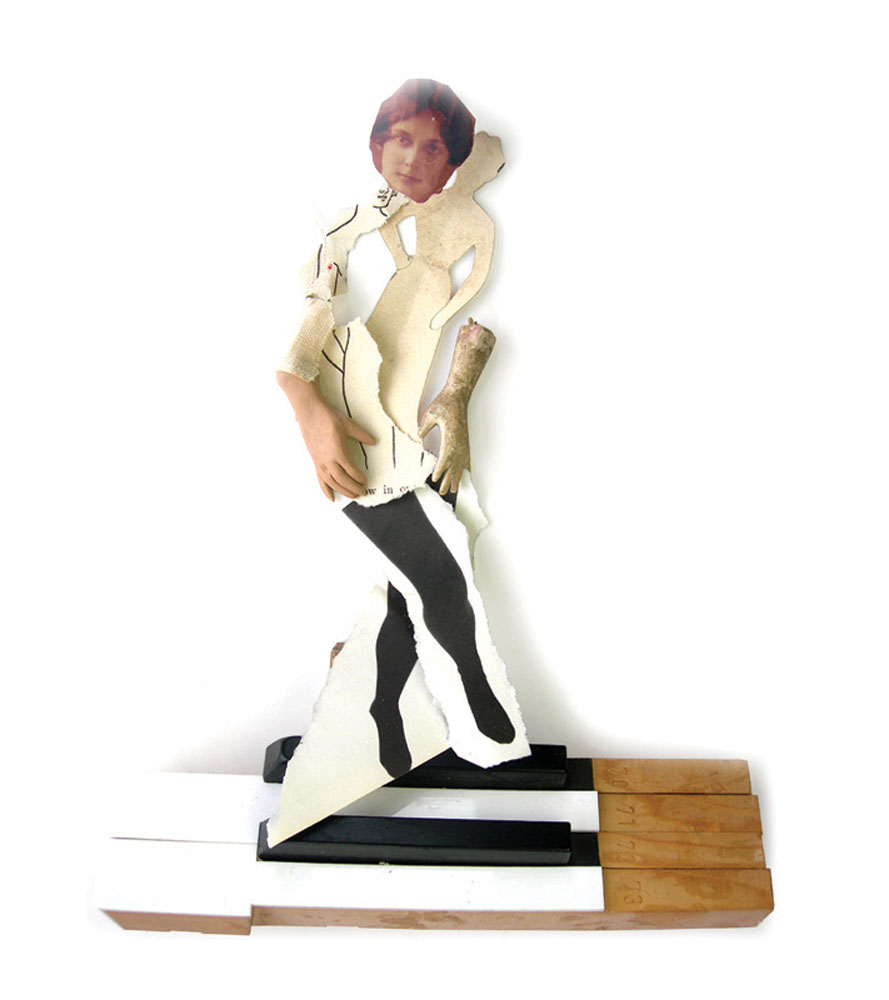The New York Times, 13 December 2005
The patient is what doctors quietly call a “train wreck,” suffering from failure of all of the body’s organ systems.
But once people meet her, such dehumanizing language no longer sticks. Her name is Susan.
When Susan’s troubles began in 2002, she was 49 and healthy except that she lacked a spleen, removed years before.
People without spleens are susceptible to infections, and Susan developed a humdinger: a severe pneumococcal blood infection. Within days, she was near death. Her skin had burned off, she was comatose and her kidneys had shut down, mandating chronic hemodialysis.
Many patients die from such severe infections, but Susan lived.
She woke from her coma six weeks later, to the joy of her husband and their 3-year-old son.
But survival with such extensive complications ensures a rocky recovery. And Susan has probably set some sort of record. Her initial hospitalization lasted 16 months, and she has spent the remaining 2 years bouncing in and out of intensive care and rehabilitation units.
A medical student trailing Susan could have received an entire education about what can go wrong with the human body. She has had bleeding in her head, seizures, multiple drug-resistant infections, a broken neck and hip, severe damage to her windpipe and several respiratory arrests requiring resuscitation.
Susan’s condition is so tenuous, one of her doctors explains, that a small infection makes her confused, short of breath and in immediate need of a ventilator. “But the next morning,” the doctor said, “she has bounced back yet again.”
Has Susan ever thought about giving up? Once, she recalled, she said to herself, “I just know I’m slowly dying here.” But she was not dying, just depressed.
The depression was not nearly as bad as the mania caused by the steroids she takes for her damaged adrenal glands. She has
experienced severe paranoia and auditory hallucinations.
But when you meet Susan now, what is most noticeable is her even-keeled nature. Her illness has become a sort of career, and she has mastered the art of patienthood. Susan has her doctors’ phone numbers on her speed dial and has paged them at all hours. “Everyone has taken time to explain things,” Susan said.
The key to his wife’s success, according to her husband, has been her sense of humor. Susan is a pianist and comes from a family of entertainers.
Stressed-out doctors, angry at being called at all hours, he said, find Susan disarming. Intensive care physicians visit her elsewhere in the hospital, something that rarely occurs.
There have been a few bad experiences. Once, Susan complained of back pain that, she insisted, was serious.
A resident minimized her claim, glibly telling her that, “If you were dying, you could get a CAT scan.”
Susan was right. She had had heavy bleeding behind her abdominal organs. “Doctors,” she explained, “have to understand that when a person is polite and compliant and then insists she is sick, they need to take it seriously.”
Susan’s doctors readily admit they have learned from her. “She has a tenacity to live that is extraordinary,” according to one of her physicians. “You think she should be in a major depression, but she’s always smiling,” another doctor said.
Given her constant nausea and dizziness and 20 daily medications, what has kept Susan going?
The answer is easy: Her husband and son, who is now 6 and has grown up with a mother who is rarely around.
Her vigorous appetite has also helped. And even though Susan is enamored of forbidden salty foods, one of her doctors said, “after what she’s been though, you can’t criticize it.”
Most recently, Susan has required three operations to stabilize her vertebrae, which have become dangerously thin.
But there is good news, too: she has identified a possible kidney donor through matchingorgans.com, a Web site that finds strangers to donate organs. And, the donor is willing to wait until she improves.
What else does Susan wish for? A way to pay her mounting medical bills.
With carried-over coverage from a previous job and expensive private insurance, she has been able to cover only some of her costs.
Susan also fantasizes about going back to work. But for now, she must limit herself to occasional impromptu performances at the hospital, like the time she played Chopin on the piano in the rehabilitation unit.
When she finished, doctors, nurses and the other patients heartily applauded the hunched-over woman with crooked fingers. Very human, indeed.
